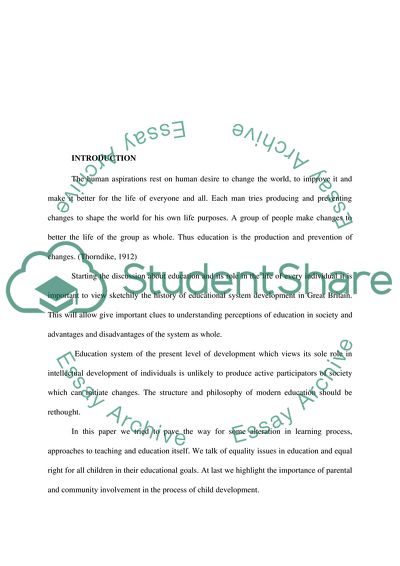Cite this document
(Philosophies and Values in Education Coursework, n.d.)
Philosophies and Values in Education Coursework. https://studentshare.org/philosophy/1709965-philosophies-and-values-in-education
Philosophies and Values in Education Coursework. https://studentshare.org/philosophy/1709965-philosophies-and-values-in-education
(Philosophies and Values in Education Coursework)
Philosophies and Values in Education Coursework. https://studentshare.org/philosophy/1709965-philosophies-and-values-in-education.
Philosophies and Values in Education Coursework. https://studentshare.org/philosophy/1709965-philosophies-and-values-in-education.
“Philosophies and Values in Education Coursework”. https://studentshare.org/philosophy/1709965-philosophies-and-values-in-education.


